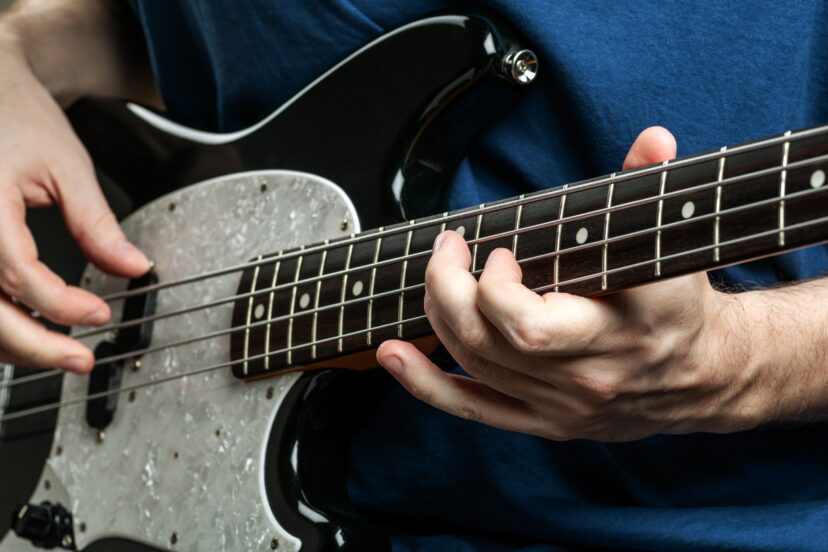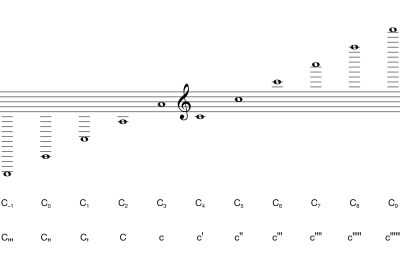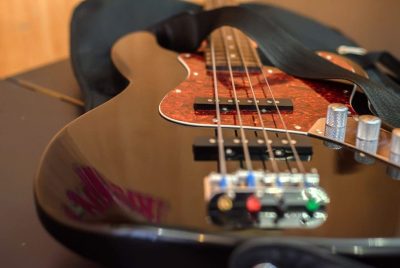Bass Guitar Scales: A Comprehensive Guide
Introduction: The Power of Bass Guitar Scales
When it comes to mastering the bass guitar, understanding scales is one of the most fundamental skills a player can acquire. Bass guitar scales serve as the building blocks for improvisation, songwriting, and overall musicianship, providing a framework that allows you to navigate the fretboard with confidence. Whether you’re jamming with friends, playing in a band, or simply honing your craft in solitude, having a solid grasp of these scales will enable you to express yourself more freely and creatively. In this essential guide for beginners, we’ll walk you through the essential bass guitar scales you need to know, along with tips and exercises to help you integrate them into your playing. With dedication and practice, you’ll be on your way to unlocking the full potential of your bass guitar journey.
Understanding the Basics of Bass Guitar Scales
Understanding the basics of bass guitar scales is essential for any aspiring bassist looking to enhance their musical skills. Scales are fundamental building blocks in music, serving as the foundation for melodies, harmonies, and improvisation. For bass players, familiarity with various scales not only improves technique but also deepens one’s understanding of music theory. The most common scales that bassists encounter include the major, minor, and pentatonic scales, each offering distinct tonal characteristics and applications in different musical genres.
The major scale is often the first scale that beginners learn, characterized by its happy and bright sound. It consists of seven notes and follows a specific sequence of whole and half steps. Mastering the major scale allows bassists to understand key signatures and to construct melodies that fit well within their chosen genre. In contrast, the minor scale, which conveys a more somber and emotional tone, is crucial for players looking to explore darker or more complex musical expressions. By practicing both major and minor scales in various keys, bass players can develop their fingerboard knowledge and gain confidence in their improvisational skills.
Another essential scale for bass guitarists is the pentatonic scale, which is widely used across genres like rock, blues, and jazz. This five-note scale is often easier to play and memorize, making it a popular choice for improvisation and soloing. Bass guitar scales such as the minor pentatonic scale provide a flexible framework for creating catchy riffs and engaging bass lines. Learning how to utilize these scales effectively can greatly enhance a bassist’s ability to write and perform music that resonates with listeners.
Ultimately, the journey of mastering bass guitar scales involves regular practice and experimentation. As players become more familiar with these scales, they can begin to explore variations and modes, as well as how to apply them within different musical contexts. Understanding the basics of bass guitar scales not only equips musicians with the technical skills required to play but also fosters a deeper appreciation for the art of music-making. Whether you’re jamming with friends or performing on stage, a solid grasp of scales can unlock a world of creativity and expression on the bass guitar.
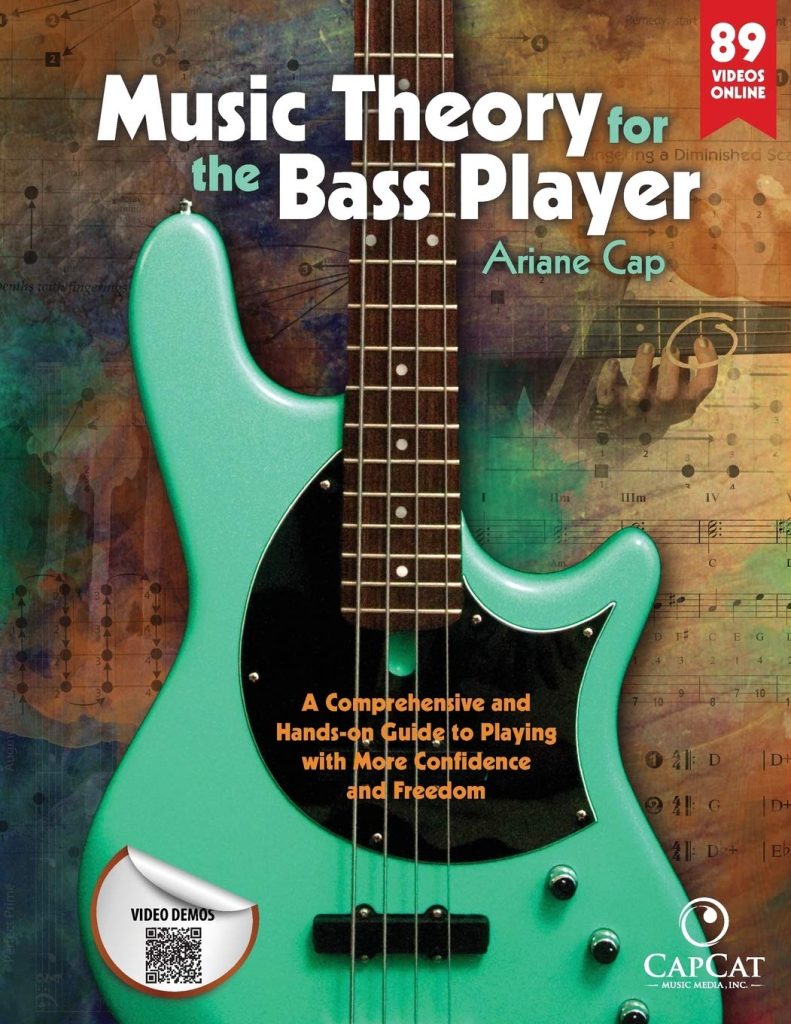
Benefits of Learning and Practicing Bass Guitar Scales
Learning and practicing bass guitar scales offers numerous benefits that go beyond simply improving your playing technique. At the heart of musicality lies the understanding of scales, which serve as the foundation for melodies, harmonies, and improvisation. By mastering bass guitar scales, you not only enhance your technical skills but also deepen your overall musical comprehension. This knowledge allows you to navigate your instrument with greater confidence and brings a newfound sense of creativity to your performances.
One of the most significant advantages of practicing bass guitar scales is the development of finger strength and agility. Scales require you to use different finger patterns and techniques, which helps build dexterity over time. As you progress through various scales, you will notice improvements in your ability to play faster and more accurately. This technical proficiency is essential for tackling more complex bass lines and solos, making you a more versatile musician. Additionally, regular practice hones your ear, enabling you to recognize notes, intervals, and patterns in the music around you.
Beyond technical benefits, learning bass guitar scales enriches your improvisation skills. When you understand the various scales, you can confidently apply them to different musical contexts. This knowledge empowers you to create interesting bass lines and solos on the fly, allowing for greater expression in your playing. Whether you are playing in a band, jamming with friends, or composing your own music, proficiency in bass guitar scales gives you the tools necessary to contribute meaningfully to any musical scenario.
Furthermore, practicing scales fosters a sense of discipline and commitment. Consistent practice helps develop a routine, reinforcing the importance of dedication in achieving musical goals. This discipline not only benefits your bass playing but also translates into other aspects of life. By understanding the principles behind bass guitar scales, you cultivate patience and perseverance, skills that will serve you well both on and off the stage. Ultimately, embracing the practice of bass guitar scales can transform your musical journey, leading to greater enjoyment and fulfillment in your craft.
Common Bass Guitar Scales Every Beginner Should Know
When embarking on the journey of learning the bass guitar, one of the fundamental aspects that every beginner should prioritize is understanding bass guitar scales. Scales serve as the foundation for melodic and harmonic exploration on the instrument. By familiarizing oneself with the most common scales, beginners not only enhance their technical skills but also gain insight into how to construct lines, create grooves, and improvise effectively.
The major scale is one of the first bass guitar scales that every aspiring bassist should master. It consists of seven notes and follows a specific pattern of whole and half steps. This scale provides the groundwork for understanding harmony and is crucial for playing along with other musicians. The natural minor scale, another essential scale for beginners, introduces a different mood and allows bass players to delve into darker musical territory. Learning to navigate these scales helps to build finger strength and dexterity while also improving one’s ability to connect with chords and melodies.
In addition to the major and minor scales, the pentatonic scale is an extremely valuable tool for beginners. This five-note scale is prevalent across various genres, especially in rock, blues, and jazz. Its simplicity enables new players to create catchy hooks and solos with ease, making it a staple for bassists seeking to jam with others or write their own music. Finally, the blues scale, an extension of the pentatonic scale with an added “blue note,” is another essential scale that equips players with the expressiveness needed to infuse their lines with emotion and character.
As beginners delve into these common bass guitar scales, they should also consider practicing them in different positions and octaves on the fretboard. This not only builds muscle memory but also encourages a deeper understanding of the instrument. Overall, mastering these scales is a critical step for any bassist aiming to progress, providing the necessary tools to express creativity and engage in lively musical conversations. With consistent practice and a willingness to explore, any beginner can lay a solid foundation and unlock the full potential of their bass guitar playing.
The Natural Minor Scale
Another basic scale, is a go-to for darker, more somber tones. Used extensively in rock, metal, and jazz, it’s a must-know for any bass guitarist. The Natural Minor Scale, also known as the Aeolian mode, is a foundational element in music theory and a vital scale for bass guitar players across various genres. It consists of seven notes with a specific pattern of whole and half steps: whole, half, whole, whole, half, whole, whole. This sequence creates a distinct, melancholic sound characteristic of the minor tonality. On the bass guitar, understanding and mastering the Natural Minor Scale involves playing these intervals across the instrument’s fretboard, starting from any root note. The ability to navigate this scale not only enriches a bassist’s musical vocabulary but also enhances their improvisation skills, songwriting capabilities, and understanding of harmony. Learning the Natural Minor Scale opens up a wide array of musical possibilities, allowing bass players to express a range of emotions and musical ideas.
The Blues Scale
A modified pentatonic scale that infuses a bluesy feel into your basslines. If you’re into blues or rock, this scale is your best friend.
The Blues Scale on the bass guitar is a critical tool for players seeking to infuse their music with the soulful, emotive quality characteristic of blues music. This scale is a variation of the Minor Pentatonic Scale, enriched by the addition of a flattened fifth degree, known as the “blue note.” The scale pattern typically consists of six notes: the root, minor third, fourth, flattened fifth (blue note), fifth, and minor seventh. This configuration produces a distinctive sound that captures the essence of the blues genre, with its deep emotional undercurrents and expressive flexibility.
On the bass guitar, mastering the Blues Scale enables players to lay down groovy bass lines, craft compelling solos, and contribute significantly to the overall feel of a blues piece. The scale’s simplicity, combined with its profound expressiveness, makes it a foundational element of blues music and a valuable asset in the repertoire of bassists looking to explore blues, rock, jazz, and beyond. Learning to navigate the Blues Scale across the fretboard allows bassists to unlock a vast landscape of musical creativity and emotional expression, making it an essential scale for any aspiring bass guitarist.
And don’t forget The Pentatonic Scale
The Pentatonic Scale on the bass guitar stands as a cornerstone for bassists across all genres, revered for its simplicity and musicality. This scale consists of five notes, which is what “pentatonic” implies, making it less complex than the typical seven-note scales. There are two primary forms of the Pentatonic scale: Major and Minor.
The Major Pentatonic Scale is constructed from the root, major second, major third, perfect fifth, and major sixth degrees of a major scale. Its bright and uplifting sound makes it a favorite for creating cheerful and melodically rich bass lines. Conversely, the Minor Pentatonic Scale, derived from the root, minor third, perfect fourth, perfect fifth, and minor seventh, offers a darker, more introspective tone, ideal for blues, rock, and funk music.
For bass guitar players, the Pentatonic Scale is invaluable. Its streamlined note selection facilitates the crafting of clear, compelling melodies and grooves that resonate well over various harmonic backgrounds. The scale’s structure also encourages improvisation and exploration, providing a solid foundation upon which players can build solos and fills with ease.
Navigating the Pentatonic Scale on the fretboard involves mastering movable shapes and patterns that can be applied in any key. This versatility, combined with the scale’s inherently pleasing sound, makes it an essential tool for bassists looking to enhance their musical expression, improvisational skills, and understanding of melody and harmony. Whether laying down foundational bass lines or stepping into the spotlight with a solo, the Pentatonic Scale offers a wealth of creative possibilities.
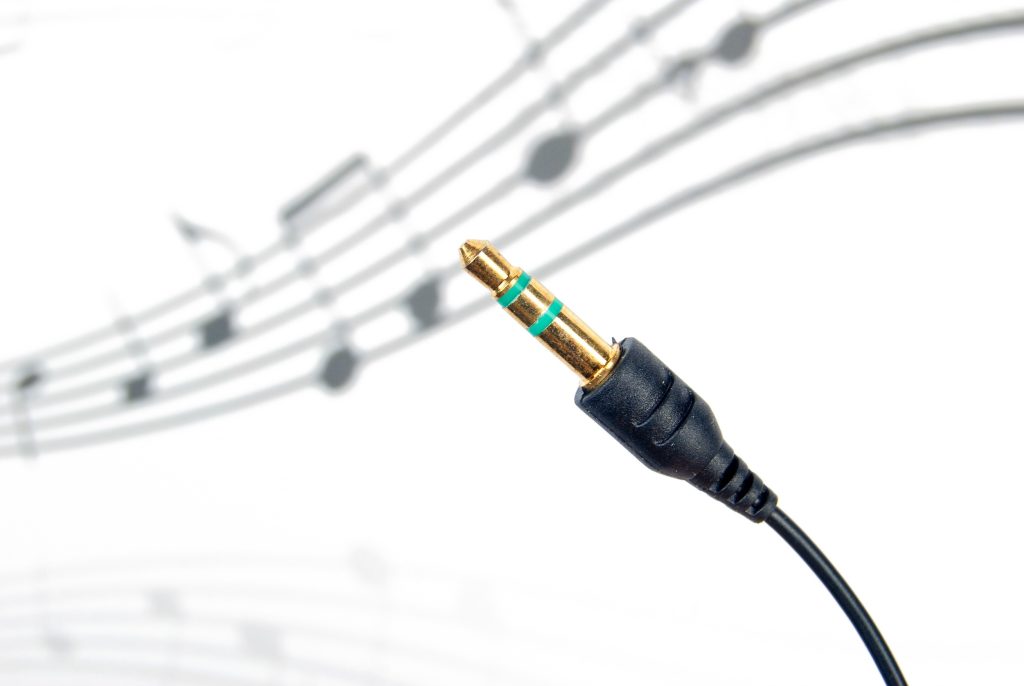
Advanced Bass Scales
Once you’ve got the basics down, it’s time to explore more complex scales. Let’s delve into some advanced bass guitar scales.
The Dorian Mode isn’t just for jazz players
The Dorian Mode is a type of minor scale that offers a unique and versatile sound palette for bass guitar players. It is the second mode of the major scale and is constructed by playing the major scale from its second degree to the next octave of that degree. This mode is characterized by its interval pattern: whole, half, whole, whole, whole, half, whole. This results in a scale with the following degrees: root, major second, minor third, perfect fourth, perfect fifth, major sixth, and minor seventh.
What sets the Dorian Mode apart from the natural minor scale (Aeolian mode) is its raised sixth degree, which adds a brighter, somewhat jazzy quality to its overall minor character. This distinctive sound makes the Dorian Mode particularly appealing for bass players across a variety of genres, including jazz, funk, rock, and blues. It enables bassists to lay down complex, groovy bass lines and solos that stand out for their melodic richness and harmonic depth.
On the bass guitar, mastering the Dorian Mode involves learning its pattern across the fretboard, understanding how to apply it over different chord progressions, and experimenting with its unique sound to create music that is both emotive and intricate. The versatility and musicality of the Dorian Mode make it an essential tool for bassists looking to expand their musical expression and improvisational skills.
The Mixolydian Mode
The Mixolydian Mode is a captivating scale choice for bass guitarists, especially those looking to inject a blend of rock, blues, and funk into their playing. It is the fifth mode of the major scale, created by starting on the fifth degree of a major scale and playing through to the same note in the next octave. The Mixolydian Mode is characterized by its interval pattern: whole, whole, half, whole, whole, half, whole. This results in a scale composition of root, major second, major third, perfect fourth, perfect fifth, major sixth, and a minor seventh.
The defining feature of the Mixolydian Mode is its minor seventh, which adds a bluesy, slightly dissonant edge to the otherwise major scale structure. This unique combination produces a sound that is both bright and edgy, perfect for creating groovy and rhythmic bass lines that have both a harmonic richness and a slight tension.
For bass guitarists, the Mixolydian Mode opens up a wealth of musical possibilities. It allows players to experiment with a major scale’s upbeat vibe while also exploring the depth and complexity introduced by the minor seventh. Whether laying down the foundation for a rock groove, adding funk-flavored fills, or soloing over blues progressions, the Mixolydian Mode provides a versatile toolkit for creative expression.
Learning to navigate the Mixolydian Mode across the fretboard, bassists can enhance their ability to contribute to a song’s harmonic texture and rhythmic drive. This mode’s unique sound makes it a favorite among bass players looking to add a distinctive flavor to their musical repertoire.
And then there’s The Aeolian Mode
The Aeolian Mode, commonly known as the natural minor scale, is a fundamental and widely utilized scale in music, offering a deep and emotive sound that is essential for bass guitarists across various genres. It is the sixth mode of the major scale, created by playing from the sixth degree of a major scale to the same note in the next octave. The Aeolian Mode is characterized by its interval sequence: whole, half, whole, whole, half, whole, whole. This results in a scale composition of root, major second, minor third, perfect fourth, perfect fifth, minor sixth, and minor seventh.
This mode’s hallmark is its somber and melancholic tone, brought forth by the minor third and sixth intervals, making it a perfect choice for music that conveys depth, sadness, or introspection. The Aeolian Mode is incredibly versatile, forming the backbone of countless rock, pop, metal, and jazz pieces, as well as other musical styles that require a rich emotional palette.
For bass players, mastering the Aeolian Mode is about more than just understanding its notes; it’s about capturing its expressive potential. By integrating this mode into their playing, bassists can craft compelling bass lines that support and enhance the song’s emotional depth. Whether it’s driving a powerful rock song, adding atmosphere to a ballad, or laying down the foundation in a jazz composition, the Aeolian Mode provides a solid basis for creative expression and technical development on the bass guitar. Learning to navigate this mode across the fretboard allows bassists to expand their musical vocabulary and explore a wide range of tonal colors and moods.
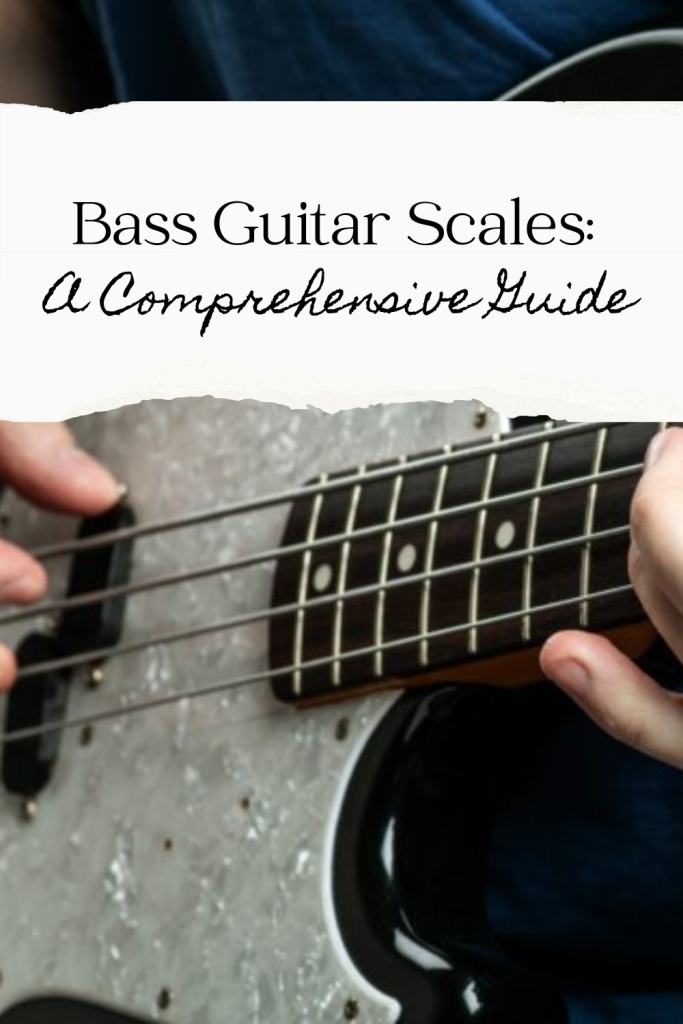
Tips for Practicing Bass Scales
Mastering these scales isn’t an overnight task. Here are some useful tips for your practice.
- Practice Slowly and Gradually Increase Speed. It’s not about how fast you can play, but how accurately.
- Use a Metronome. This device will help maintain a steady tempo and develop your sense of timing – a crucial skill for any bassist.
- Incorporate Scales in Real Music. Don’t just practice scales; apply them in actual songs or composition. This application will help you understand their practical use and musicality.
- Always stay in tune to help train your ear.
Conclusion: The Journey to Bass Guitar Mastery
So, that’s the lowdown on bass guitar scales. Remember, mastering these scales is a journey, not a destination. Be patient with yourself, keep practicing, and over time, you’ll see your improvisation skills, musical understanding, and bass guitar proficiency reaching new heights.
FAQ’s
- What is the easiest bass guitar scale for beginners?
The Major Scale is often considered the easiest and is usually the first scale beginners learn. - Why are scales so important to learn on bass guitar?
Scales are the building blocks of music. Learning them improves your understanding of music theory, enhances your finger dexterity, and opens up new avenues for improvisation. - How often should I practice bass guitar scales?
Practice daily if possible. Consistency is key when learning and mastering bass guitar scales. - Can I learn bass guitar scales without a music teacher?
Yes, with the vast amount of resources available online, self-learning is entirely possible. However, a teacher can provide personalized guidance and feedback that can accelerate your learning. - Do I need to learn all the bass guitar scales?
Not necessarily, but learning a variety of scales will improve your versatility and understanding of different music genres. Start with the basic scales and gradually progress to more complex ones.

